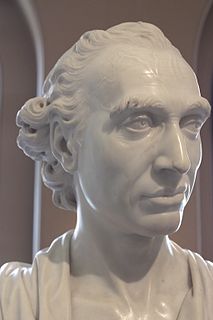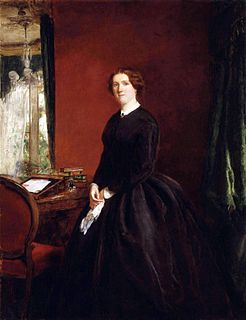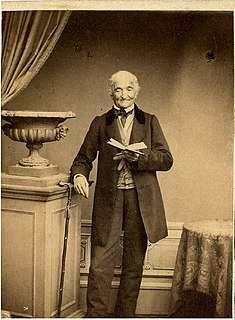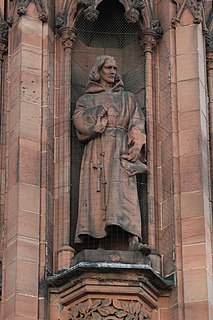A Quote by Francois de La Rochefoucauld
High fortune makes both our virtues and vices stand out as objects that are brought clearly to view by the light.
Related Quotes
The modern world is not evil; in some ways the modern world is far too good. It is full of wild and wasted virtues. When a religious scheme is shattered (as Christianity was shattered at the Reformation), it is not merely the vices that are let loose. The vices are, indeed, let loose, and they wander and do damage. But the virtues are let loose also; and the virtues wander more wildly, and the virtues do more terrible damage. The modern world is full of the old Christian virtues gone mad. The virtues have gone mad because they have been isolated from each other and are wandering alone.
The notion is that human beings are born, (as my Guru has explained many times,) with equivalent potential for both contraction and expansion. The ingredients of both darkness and light are equally present in all of us, and then it's up to the individual (or the family, or the society) to decide what will be brought forth - the virtues or the malevolence. The madness of this planet is largely a result of human being's difficulty in coming into virtuous balance with himself. Lunacy (both collective and individual) results.
Of all vices take heed of drunkenness; other vices are but fruits of disordered affections--this disorders, nay, banishes reason; other vices but impair the soul--this demolishes her two chief faculties, the understanding and the will; other vices make their own way--this makes way for all vices; he that is a drunkard is qualified for all vice.
Among the virtues and vices that make up the British character, we have one vice, at least, that Americans ought to view with sympathy. For they appear to be the only people who share it with us. I mean our worship of the antique. I do not refer to beauty or even historical association. I refer to age, to a quantity of years.
He, who, in view of its inconsistencies, says of human nature the same that, in view of its contrasts, is said of the divine nature, that it is past finding out, thereby evinces a better appreciation of it than he who, by always representing it in a clear light, leaves it to be inferred that he clearly knows all about it.



































